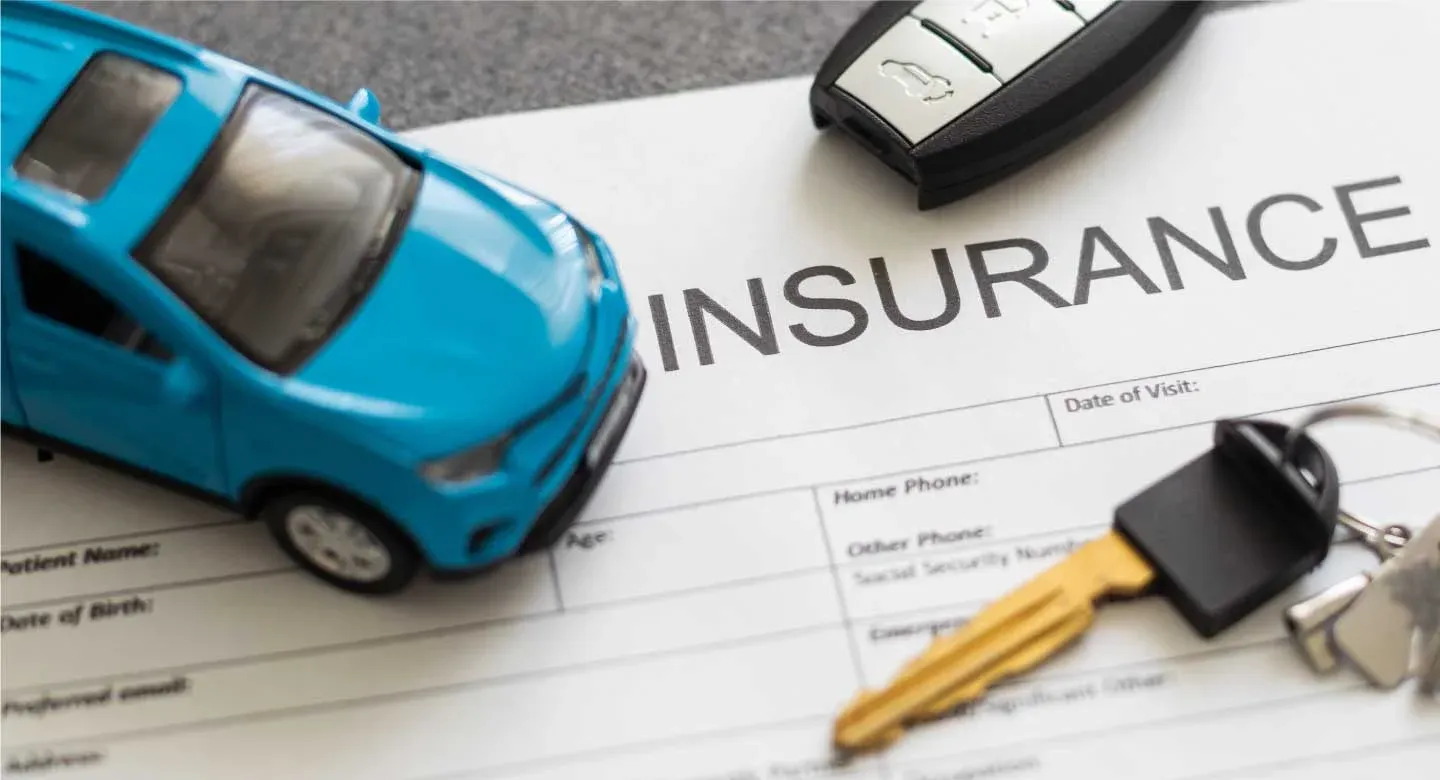Understand carpooling laws for safe rides.
Car Pooling rides: Legal aspects of carpooling in India
For the past many years, car-pooling has been considered an efficient solution to alleviate traffic congestion, minimise pollution, and cut down on fuel expenses. Another bid benefit is carpool safety, which is ensured when people of the same neighbourhood, office or school can travel together. While carpooling has always been seen as a win-win situation for all, the recent ride-sharing regulations have created some buzz about carpooling legality. Yes, the Transport Department has put certain restrictions on carpooling apps, but there have been no rules against carpooling. Read on to understand better how a good car insurance plan such as the car insurance from Zurich Kotak General Insurance plan can be of help.
Carpooling rules:
In the recent past, several carpooling apps have mushroomed all across metros. They play a helpful role in helping commuters share rides when travelling in the same direction. In exchange for the service, the app requires you to pay a commission or fee. While this was good news for many, the Transport Department received quite a few complaints, especially from taxi drivers. In Bangalore, there was some action against certain online portals, such as BlaBla Car, Quick Ride Zoom and Rideshare as they were making use of their private cars to offer commercial service. The Bangalore Transport Department made it clear that a private vehicle cannot be used for commercial purposes.
Transport Department Additional Commissioner (Enforcement) Shri Mallikarjun C mentioned that the people involved in carpooling through these apps will invite repercussions. Which includes a 6-month suspension of the vehicle’s RC, registration certificate and a penalty, ranging between INR 5,000 to INR 10,000.
The truth behind carpooling legality:
When this carpooling legality was announced, a lot of people got confused and thought that the government had banned carpooling. However, this is not the case. If you drive to your office in your private car, and you take a few of your friends with you, it does not make it an illegal activity. Carpooling laws state that only when you use your private car to transport people and are making money from it, is what is against carpooling legality.
As a vehicle owner, you need to understand that using your private car for commercial purposes can get you in trouble and can also affect your car insurance. Insurance is specific to the usage of your car, for a private car you need private car insurance and commercial vehicles require commercial insurance.
The Motor Vehicle Act, of 1988 permits Contract Carriages and Public Service Vehicles to carry passengers. This means that only these kinds of vehicles can transport people for ‘hire or reward’. A personal car with a white number plate cannot be used for any commercial purpose. Some government officials stated that to operate a commercial carpooling service, the concerned individual must take permission from the concerned government, and follow the traffic rules.
Conclusion
The Motor Vehicle Act clearly states all the rights and duties of a vehicle owner. Driving carefully, choosing the right kind of car insurance, which could either be a comprehensive policy or a third-party car insurance, following traffic rules and using cars as per their specific purposes are simple ways to adhere to the rules and stay out of trouble.
Related blogs
Central Motor Vehicles (Amendment) Rules, 2023
Know About Traffic Fines in Maharashtra

Get Quick Quote


